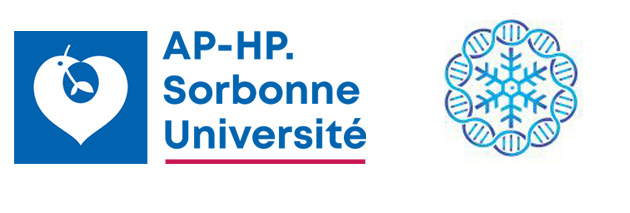The CRBs represent a key issue for the development of personalized medicine. They have become essential supports contributing to improving diagnosis: access to large quantities of biological resources makes it possible to target biological mechanisms involved in the development of cancers. This new therapeutic approach is based on the identification of biomarkers, enabling a prediction of the patient’s response to a proposed treatment. The discovery of new biomarker candidates leads to the implementation of retrospective studies, enabled by large collections of samples, with precise clinical, histological and genomic data.
A huge collection of human tissue samples and biological fluids (blood, urine, serum and plasma), collected in hospitals and stored under optimal conditions so that they can be made available to researchers in the public sector and/or pharmaceutical industry laboratories. But also various medical data (age, sex, medical history, …).
The challenge is to produce more effective and less expensive drugs for health systems, because they will be better adapted to patients. The CRBs are the tool of a « tailor-made medicine » thanks to an ever-increasing knowledge of pathologies and the prediction of the response to cancer treatments (efficacy, tolerance) according to gender, lifestyle, ethnic and genetic factors. (Source: Le Monde 19 August 2014)


